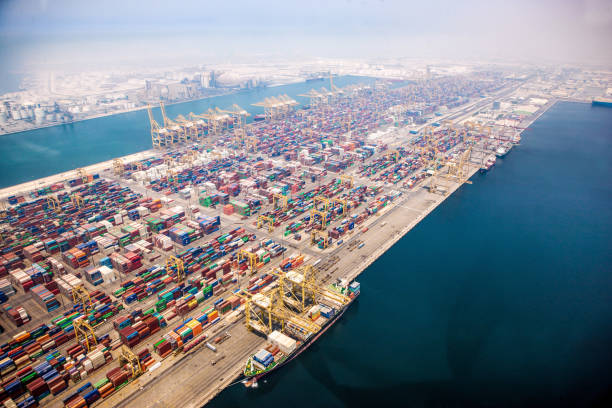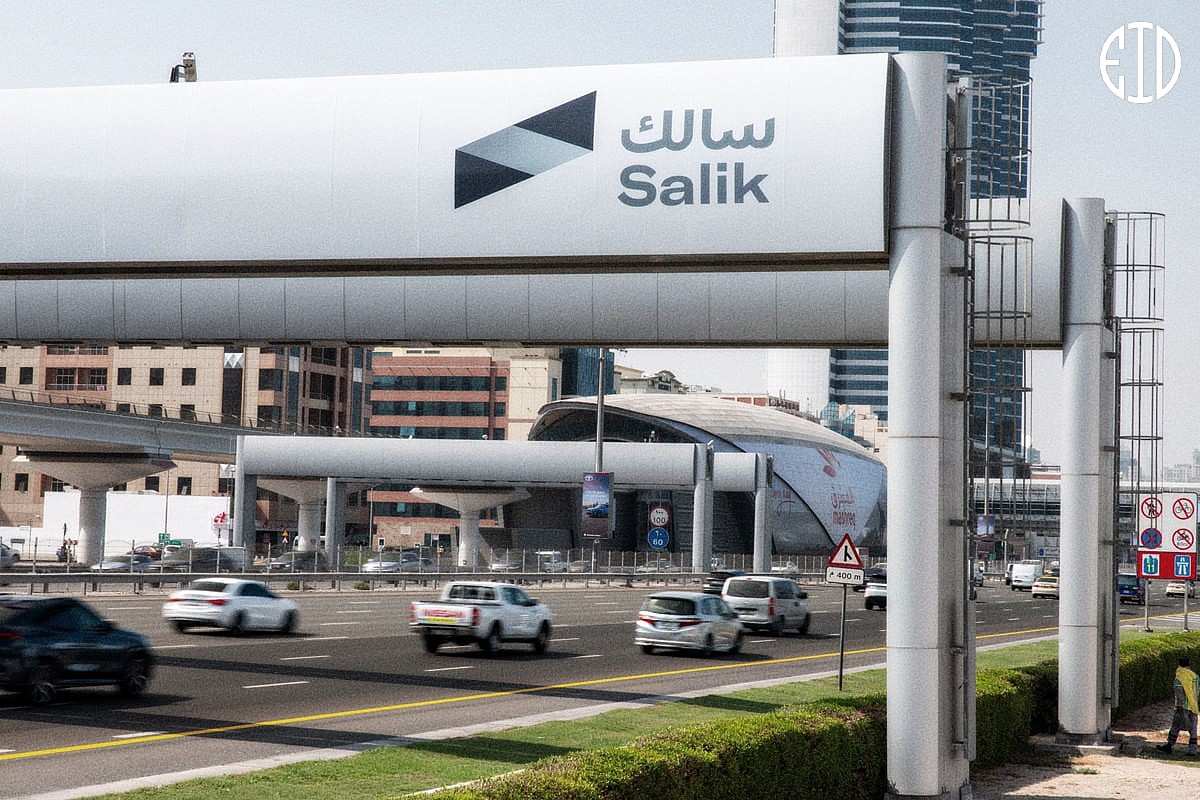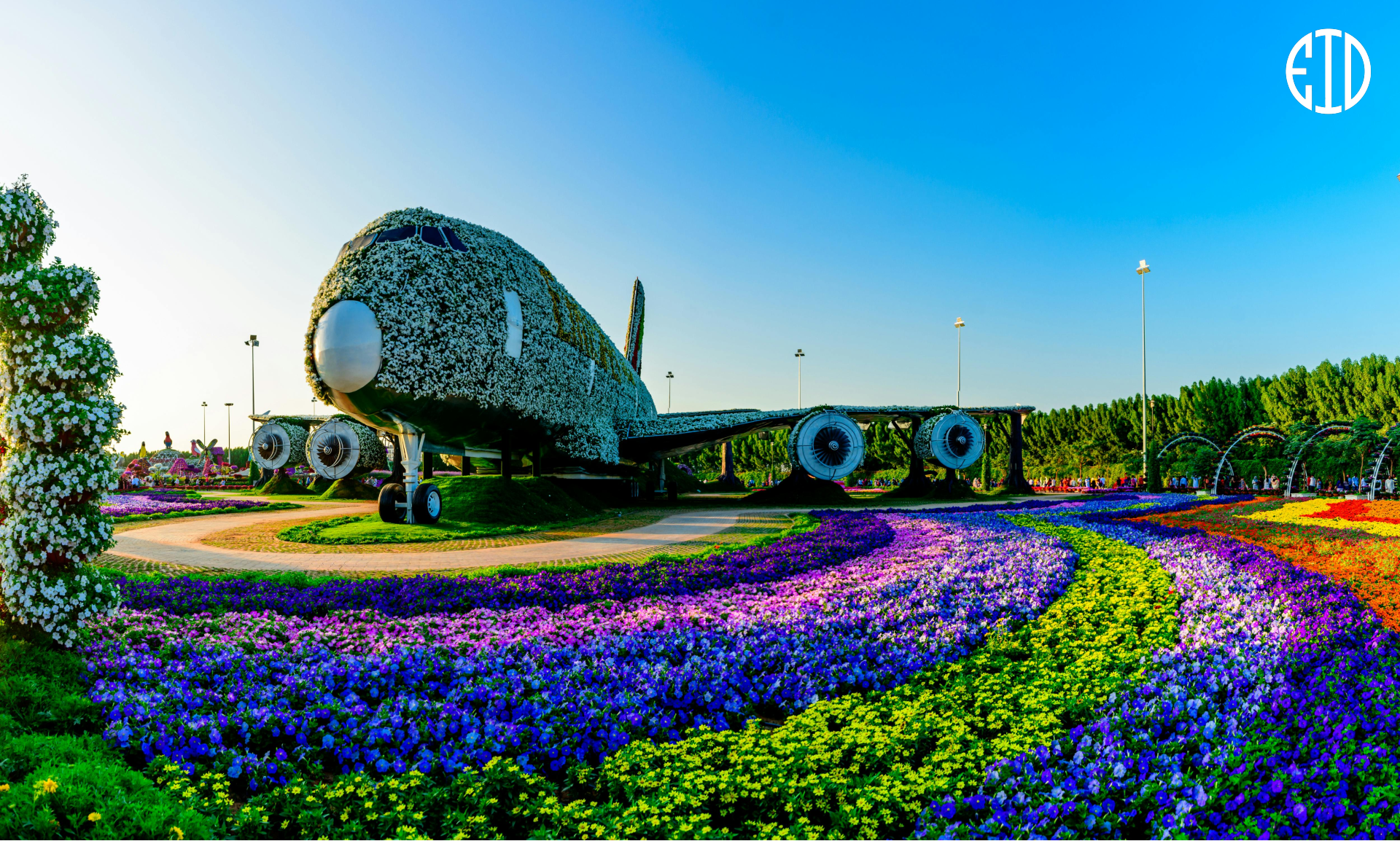The Ports, Customs and Free Zone Corporation (PCFC) has launched the ‘Dubai Code for Ports,’ a pioneering project that sets a global benchmark for maritime operations. Developed in collaboration with key maritime partners, this comprehensive technical guide aims to enhance the development and management of ports and marinas in Dubai.
Commitment to Sustainability and Efficiency
His Excellency Sultan Ahmed bin Sulayem, Chairman of PCFC, emphasized that the ‘Dubai Code for Ports’ aligns with sustainability goals and marine environment standards. He stated, “We are committed to providing a safe and efficient environment that supports the Dubai Economic Agenda D33 and global trade.” This initiative aims to bolster Dubai’s position in the maritime sector both locally and internationally.
Enhancing Maritime Capacity
Nasser Al Neyadi, CEO of PCFC, highlighted that the guide represents a significant advancement in managing rapid growth in maritime transport. The project addresses the increasing demand for maritime infrastructure while supporting trade facilitation and marine tourism.
Key Features of the Dubai Code for Ports
The ‘Dubai Code for Ports’ includes a unified guide detailing technical requirements for port management. Essential areas covered include:
- Soil inspection
- Dredging
- Land reclamation
- Island construction
- Soil improvement
- Water drainage
- Floating hotel design
- Pontoons
- Breakwater design
- Rock protection
This comprehensive framework will enhance customs warehouse requirements and improve user experiences across all port activities, further establishing Dubai as a leading global trade hub.
Strategic Workshop Collaboration
To kick off this initiative, PCFC held a strategic workshop with key maritime partners at Jumeirah Beach Hotel. The collaboration aims to ensure that Dubai can effectively manage its growing maritime transport needs while adhering to high technical standards in port infrastructure.By implementing the ‘Dubai Code for Ports,’ Dubai reinforces its commitment to sustainable development and enhances its role in the global supply chain, ultimately supporting local and international economies.












